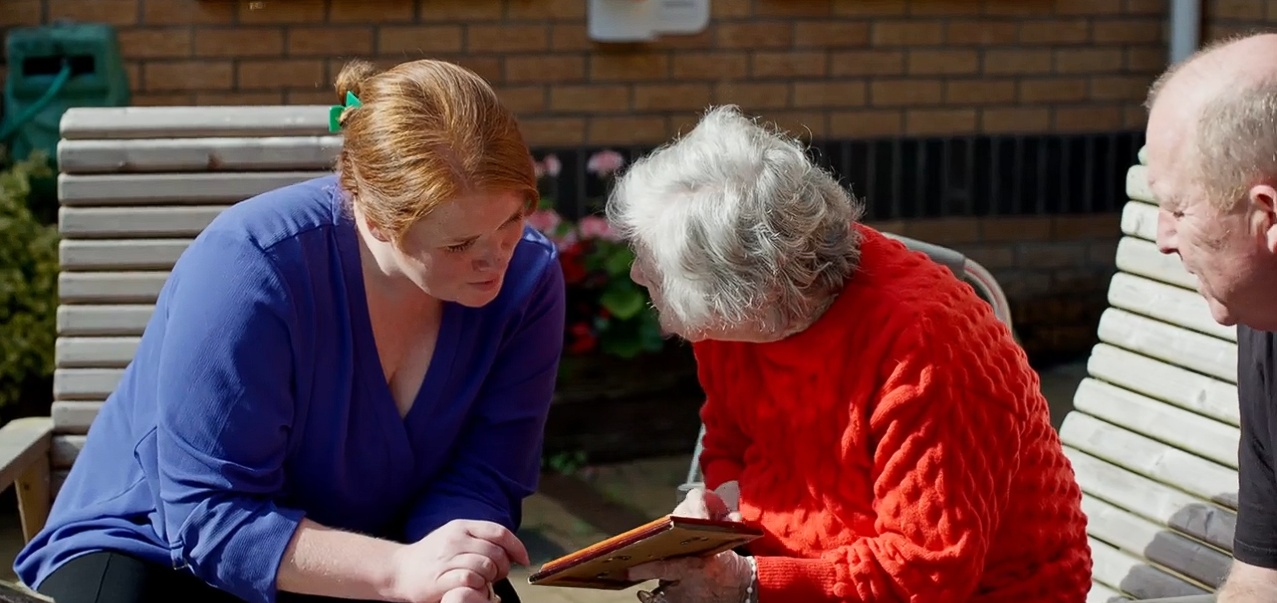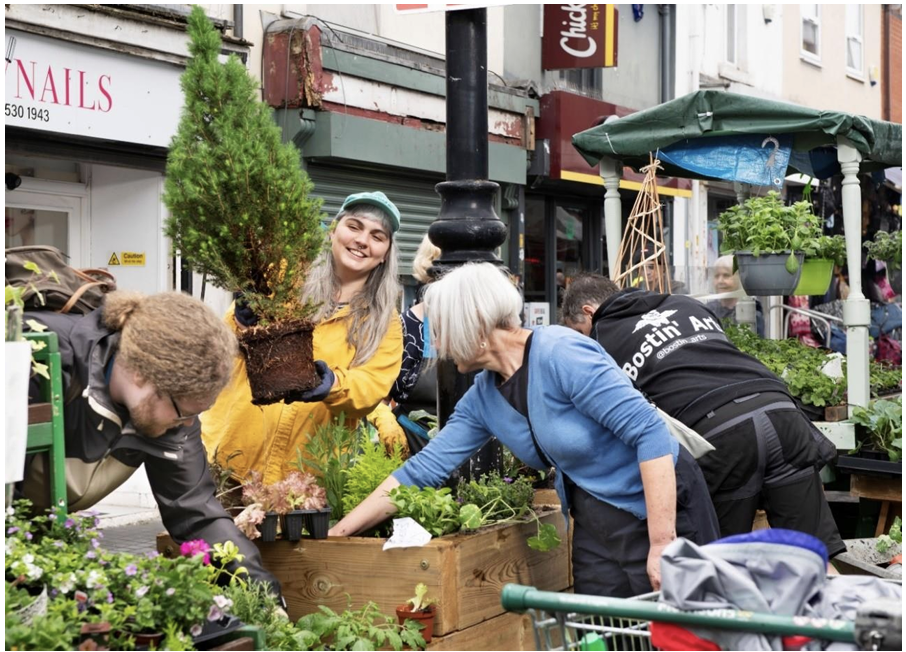
-
Source
Using WARM to understand adaptive resilience in two urban neighbourhoods (Barcelona, Spain and Malmö, Sweden)
The WARM framework (Wellbeing and Resilience Measure) (self, support, systems and structures) was tested in two case study sites (Roquetes in Barcelona, Spain; Lindängen in Malmö, Sweden) to assess its applicability within different European contexts. A resilient community was defined as:
'One that has a collectively held belief in their ability to adapt and thrive in spite of adversity…. emergent action (by community members) can bring about positive change, boosting protective factors to ensure that a community can transform itself over time in the face of challenges).'
As well as analysing quantitative data using WARM, qualitative interviews with residents, policy-makers and other local stakeholders were carried out in each neighbourhood. The assessment identified pressure points that could stimulate or hinder a resilient response: some of these (e.g. overcrowding) required input from public services, but informal community responses based on the links and relationships between residents, local groups and front-line staff were also important in creating positive change. The project highlighted some implications for public policy to build resilience, such as better engagement between the state and communities. The discussion of measurement emphasized the importance of policy-makers going beyond collecting data on quality-of-life indicators and access to services, to understanding neighbourhood assets and informal networks that exist.
This case study shows how WARM can be applied in different contexts to stimulate and support local change.
Photo by Tim Mossholder on Unsplash




